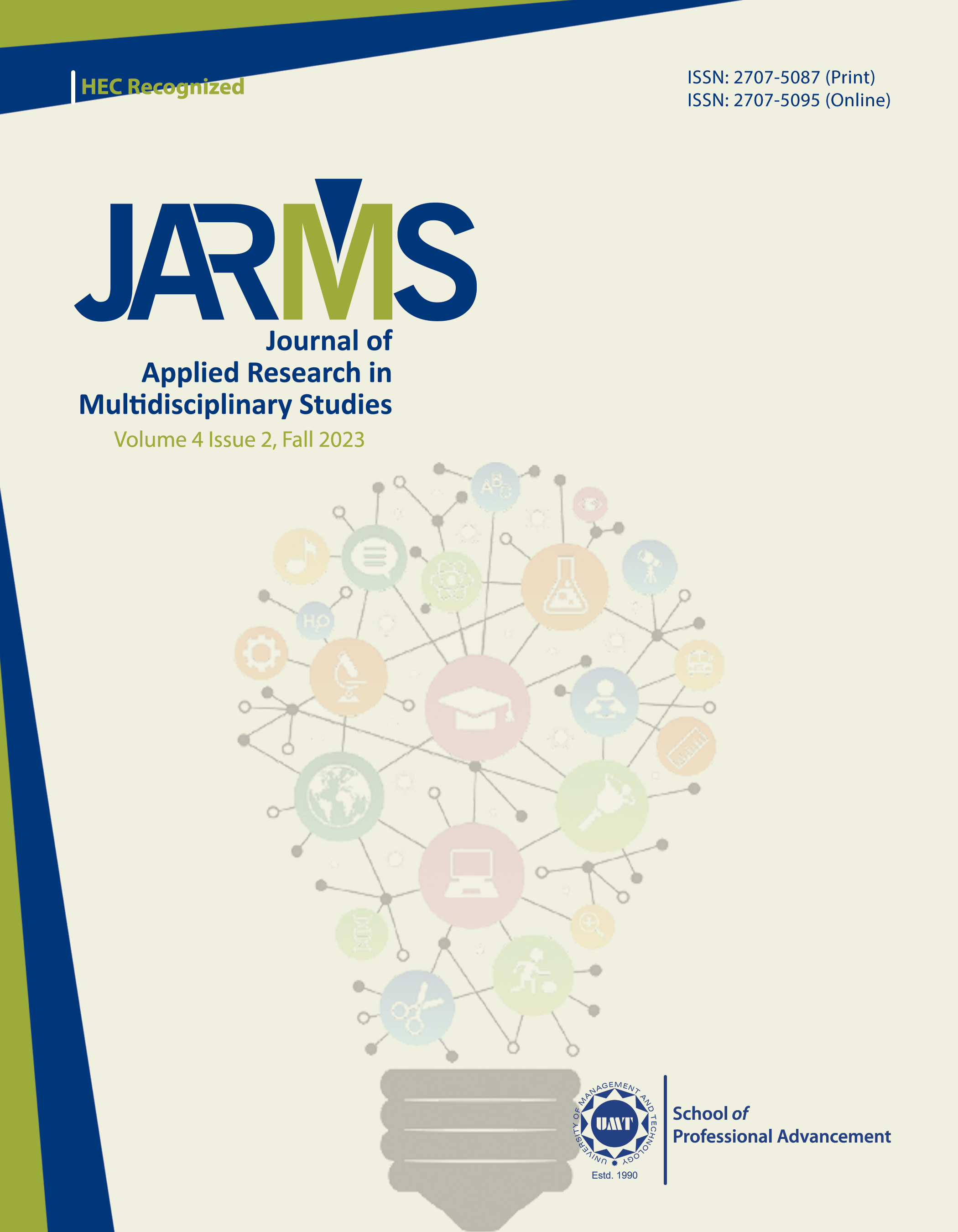THE ROLE OF NATIONAL SOCIAL SAFETY NET ON YOUTH EMPOWERMENT, VOCATIONAL SKILLS, JOB COMPETENCY IN KADUNA STATE, NIGERIA
Abstract
 Abstract Views: 0
Abstract Views: 0
The study examined the role of National Social Intervention on women and youth empowerment in Nigeria. The empowerment theory propounded by Solomon, (1976) was adopted as a theory framework. The study adopted a survey and documentary research design. The population of this study comprises N-Power Volunteer Corps, public primary school Teachers, N-power officials, public primary school Pupils, and vulnerable Nigerians who benefited from conditional Cash Transfers. A purposive, stratified, and simple random sampling technique was used to select a representative from the entire population. Two method of data collection was utilized; primary method and secondary method. The survey used a combination of questionnaires and in-depth interviews to account for the wide range of experiences and viewpoints among respondents. Stratified and simple random sampling was used to select a representative sample from the larger population. The total population is 137,600,000 consisting of N-Power Volunteer Corps, N-power Build, and N-power Knowledge and Women. Two statistical techniques of data analysis were utilized; they are descriptive and inferential statistical techniques: The descriptive statistics will be used to present and interpret quantitative data. Descriptive statistics are; frequency tables, percentages, and figures. The Statistical Package for the Social Sciences (SPSS) was used to present and analyze the data. Out of the three hundred and seventy-eight (378), questionnaires distributed to the N-power beneficiaries in Nigeria, only three hundred and thirty-five (335) representing (89%) were duly completed and returned while Forty-three (43) (11%) were missing. In the same vein, out of the three hundred and eighty-four (384) questionnaires distributed to the Teachers Public Primary in Nigeria, only three hundred and thirty one (331) representing (86%) were duly completed and returned while fifty-four (54) representing (14%) were missing. The study revealed that the n-Power Programme actually empowered unemployed graduates in Nigeria. The N-power scheme has engaged graduates in four sectors of the Nigerian Economy. These include; education, health, tax, and agriculture. The temporary engagement of graduates in the scheme has led to proficiency skills in ICT, financial empowerment, on-the-job experience, investment in small-scale businesses, and above all reduced poverty in Nigeria. The study also revealed that N-power build and knowledge have not contributed to poverty reduction in Nigeria. Youth trained in vocational skills were not empowered at the end of the training. This means that all these efforts have not been translated into employment generation for self-reliance. The study further revealed that the findings from the analysis revealed that, Home Grown School Feeding of the Federal Government has empowered women, farmers, and the well-being of public primary school children in Nigeria. It was equally revealed that about 14,000 vulnerable Nigerians are benefiting from the Conditional Cash Transfer Scheme in Nigeria. Five (5,000) thousand is been paid monthly to the poorest of the poor in every community in Nigeria and every payment is done through the beneficiary's bank account.
Downloads
Copyright (c) 2023 Dr. Zakari Musa

This work is licensed under a Creative Commons Attribution 4.0 International License.



